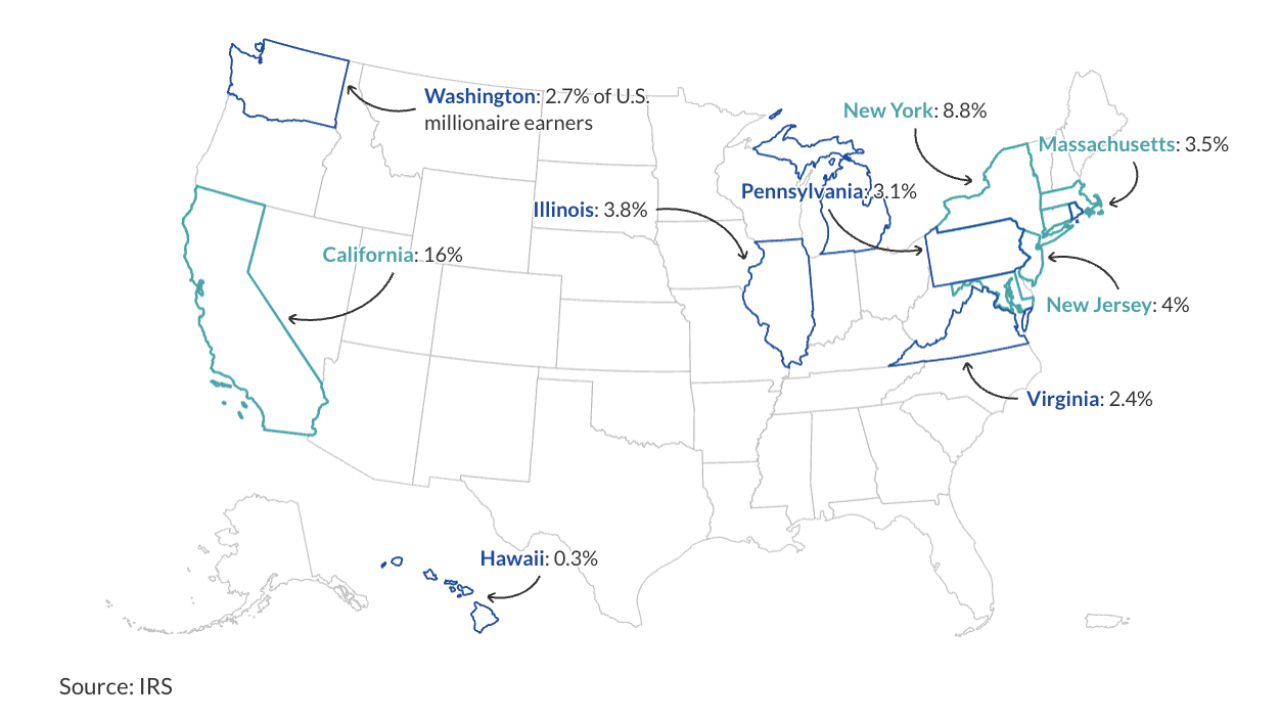The Dow Jones Industrial Average last Wednesday ran past 12,227. This puts it at about the same level as in February 2007 and again in February 2008. That was sandwiched around a push past 14,000 in October 2007, when optimism was its highest about the impregnability of the housing market and the U.S. economy.
The effects of the subprime mortgage and credit default swap fiasco soon followed, nearly ruining developed economies worldwide.
Now comes news from Moody's Analytics, as well, that the ratio of home prices to household income is 1.6, matching the lowest level in 35 years. This compares to a norm of 1.9-and a peak of 2.3 in 2005 when mortgage companies and banks were giving out loans to just about any body that breathed.
And, if there ever was an indicator that faith in capitalism is back and economies are on sound footing again, there was the one-two punch last Wednesday among operators of stock exchanges on both sides of the Atlantic. The LSE Group, which owns major exchanges in London and Milan, said it would merge with TMX Group, which operates exchanges in Toronto and Montreal. Not to be outdone, Deutsche Borse hours later said it was in advanced talks with NYSE Euronext, which operates the New York Stock Exchange, about a similar all-stock merger.
Euphoria seems to be spreading, nationwide, that economic misery is ending.
Perhaps most notably, individual investors are starting to put money back into equity mutual funds in the United States. From the moment of the May 6 Flash Crash until the end of the year, the pullout of funds was almost uninterrupted, reaching more than $80 billion, by Investment Company Institute numbers. Now, money has been pouring in for four straight weeks: $3.8 billion, $3.3 billion, $3.2 billion and $1.4 billion.
But 9% of willing workers are still unemployed. Try to name a city or state that isn't facing a huge budget crunch. Don't talk to me about Connecticut's inability to maintain a working commuter rail service, in its relative state of plenty. Or about the fiscal health of the United States itself, after it bailed itself out by printing money, selling bonds to its chief economic rival(s) and still unable to extract itself from financially debilitating military ventures abroad.
Don't get too far ahead of the curve, here. In fact, step back a bit. A lot of work remains to be done-and created-before this economy is healthy again.





